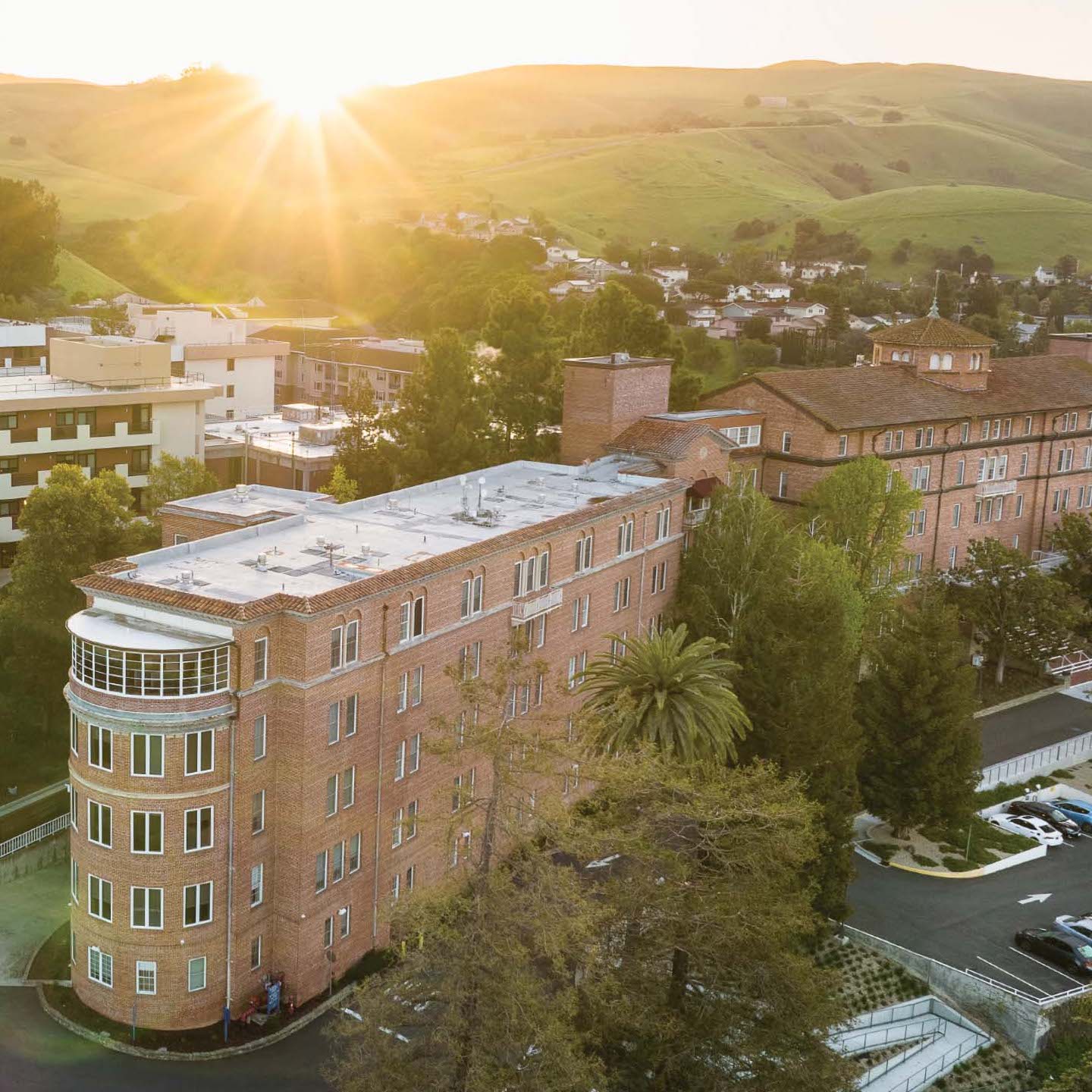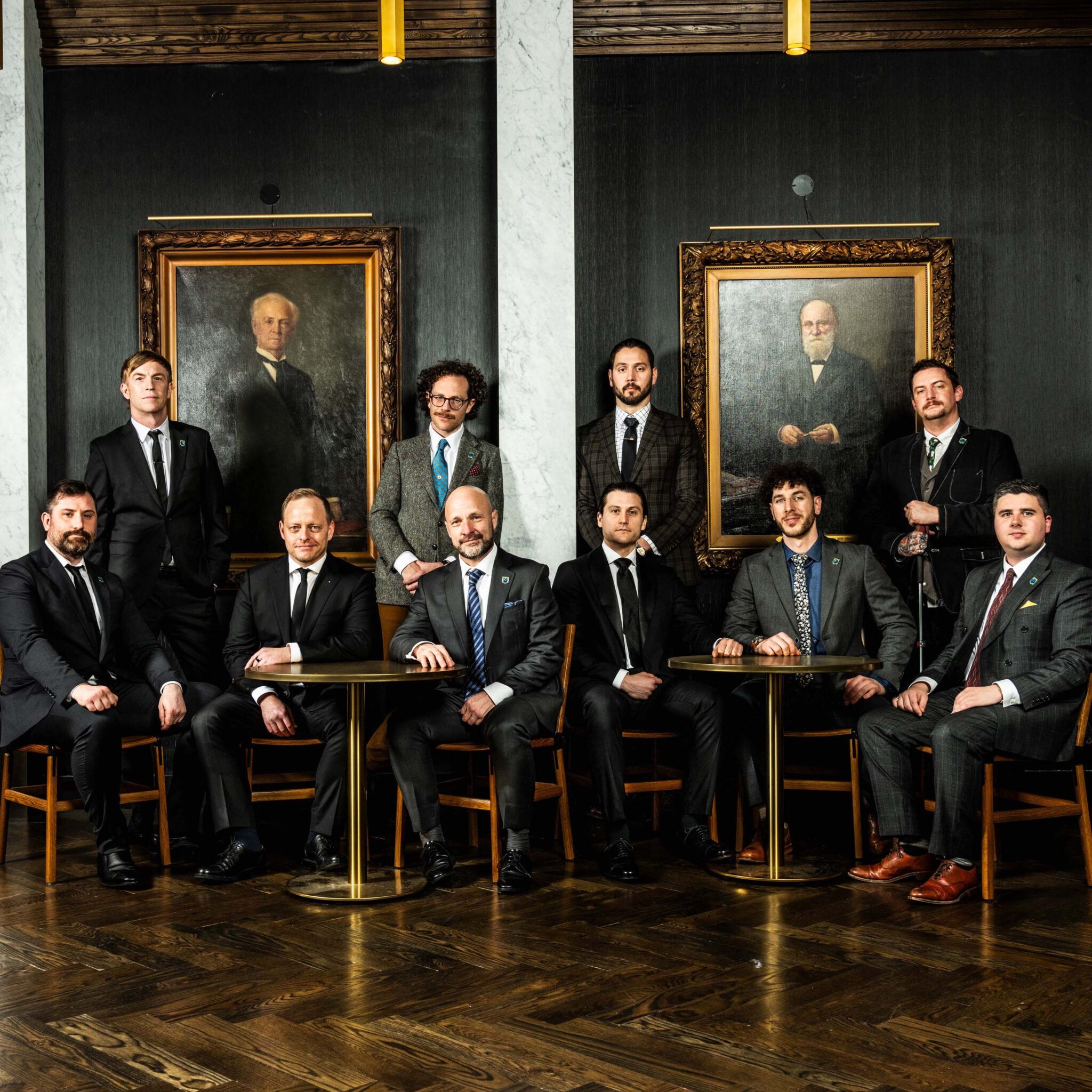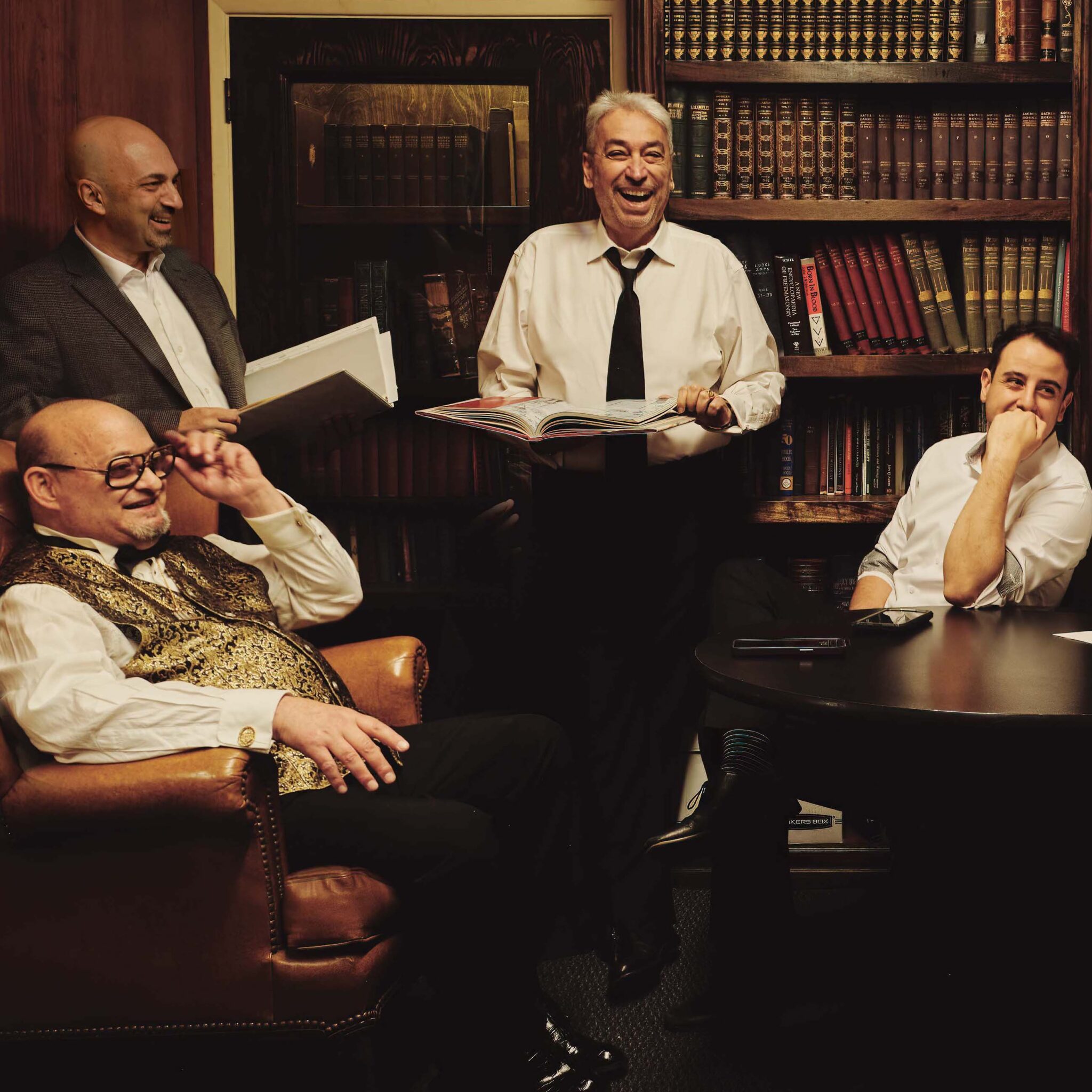
For the Parents of California Masons, a Profound Relief
At the Masonic Homes, an expansion in eligibility to Masonic parents and parents-in-law is life-changing news.
Masonry is often described as a system of morality taught through allegory—and certainly there is no shortage of Masonic symbols to decipher. But one that strikes a particular chord with Masons around the world is the forget-me-not.
While not, strictly speaking, a Masonic symbol like the square or plumb, the forget-me-not—often worn as a lapel pin—continues to resonate deeply with members of the fraternity, standing as a testament to Masonic ideals and fraternal solidarity.
But why this little blue flower? The origins can be traced to World War II, during which the Nazi regime suppressed Freemasonry. It’s estimated that 80,000 German Masons were killed during that time, and more than 100,000 others throughout German-occupied Europe. Against that backdrop, during which the display of a square and compass was practically a death sentence, the forget-me-not came to embody a silent vow of defiance.
The precise reasons for the flower’s adoption are murky, but many historians point to a 1926 meeting of the Grand Lodge of Germany during which participants received a forget-me-not as a reminder of their charitable obligations. (The flower itself has long been associated with remembrance and love.) By 1934, many German Masons wore the flower pin in place of the square and compass, and in 1947, it was officially adopted as a symbol to honor Masons who’d lost their life in the war.
Today, the pin serves as a tangible reminder of the unbreakable bonds that unite Freemasons across generations and borders. More than a mere accessory or piece of flair, the pin is a pledge to live by a shared set of principles.
This spring, in an echo of the flower’s first association with Masonry, the California Masonic Foundation will send seed packets to members as a reminder of their charitable obligations and the fraternity’s profound commitment to relief.
Photograph by:
Pete Ivey

At the Masonic Homes, an expansion in eligibility to Masonic parents and parents-in-law is life-changing news.

At Logos No. 861 in San Francisco, handmade, lovingly crafted material culture is part of the very fabric of the lodge.

At La France No. 885, a longstanding legacy of French Freemasonry in California is being carried into the future.